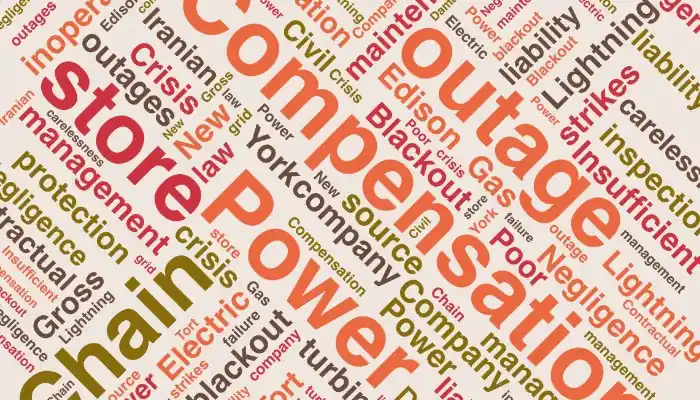Mr. Mehdi (the mortgagor) acts as a guarantor for the borrower (the customer) in a loan agreement and mortgages his residential property to the bank. Subsequently, by drafting a contract addendum, he increases the credit limit specified in the mortgage document.
In the executed document, the mortgagor has accepted and acknowledged that the bank has the right to claim its receivables, which are related to the period before the conclusion of this contract and constitute the definite and certain debt of the borrower (the customer) to the bank, as well as its future receivables from the customer arising from any type of facilities granted and banking services provided to him, from the mortgagor. Moreover, by virtue of the said document, the customer and the mortgagor have waived and relinquished any right to raise objections or protests. Mr. Mehdi, as the mortgagor, committed that as long as the borrower (the customer) has not fulfilled all his obligations to the bank and has not paid the bank’s receivables in full, the aforementioned mortgage contract shall remain in force.
The bank, relying on the document and the said commitments, issues an enforcement order (application for execution) due to the customer’s failure to settle his other loans. Consequently, an executive order is issued, and the process of auctioning the aforementioned residential property begins.
Summary of the Judgment
On 22 October 2018, after reviewing the contents of the case file and considering the documents submitted by both parties as well as the statements and defenses recorded in the petition and submitted briefs, and the expert committee’s opinion, the court issued a ruling on the following matters:
1. Release of the mortgage from the registered property as requested by the plaintiff.
2. Annulment of the executive order issued by the Third Office of the Registration of Deeds and Properties in Tehran.
3. Condemnation of the defendant bank to pay all court costs to the plaintiff according to the legal tariff.




